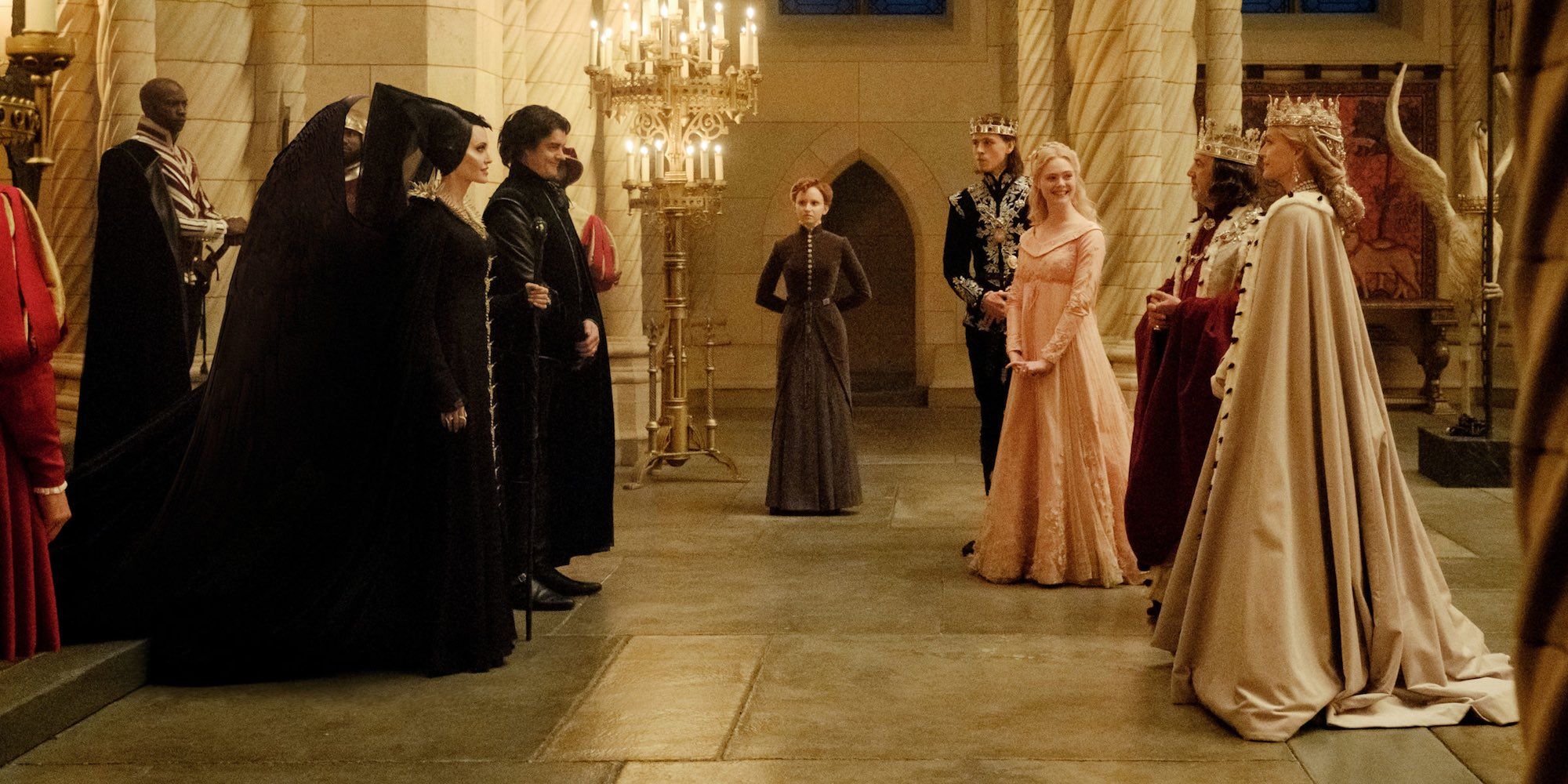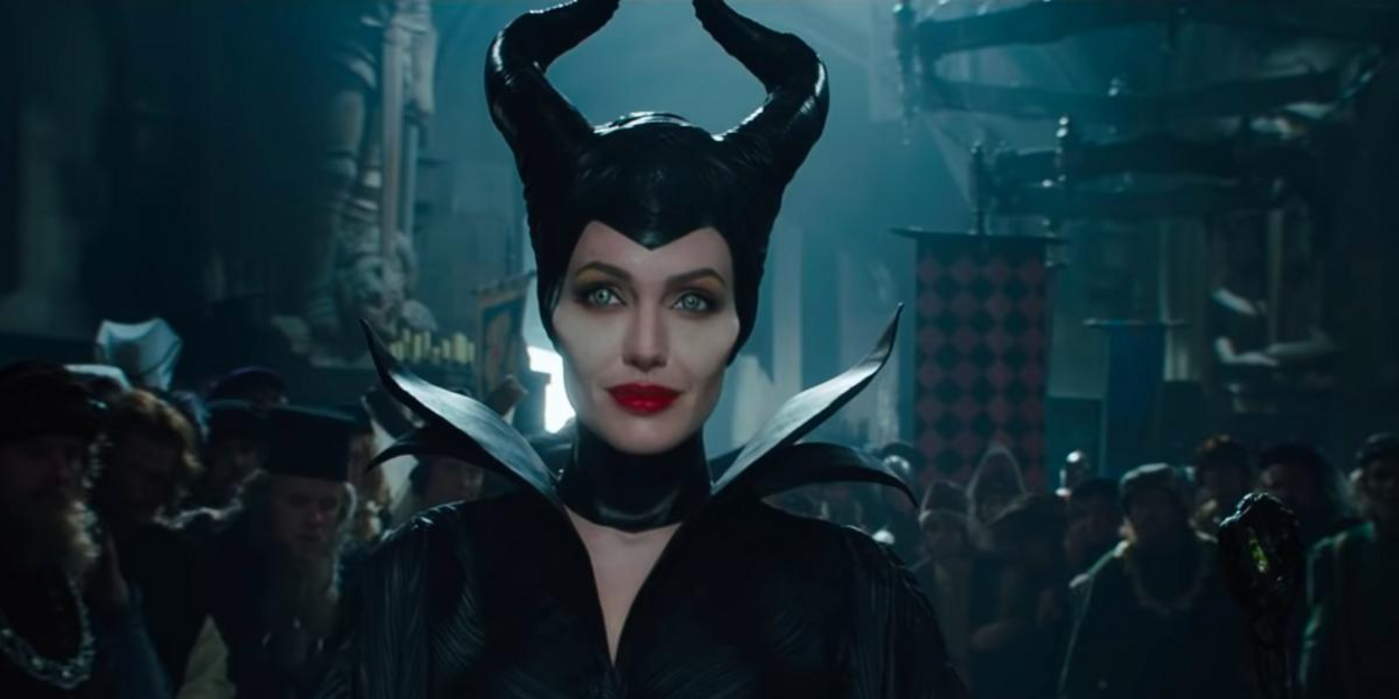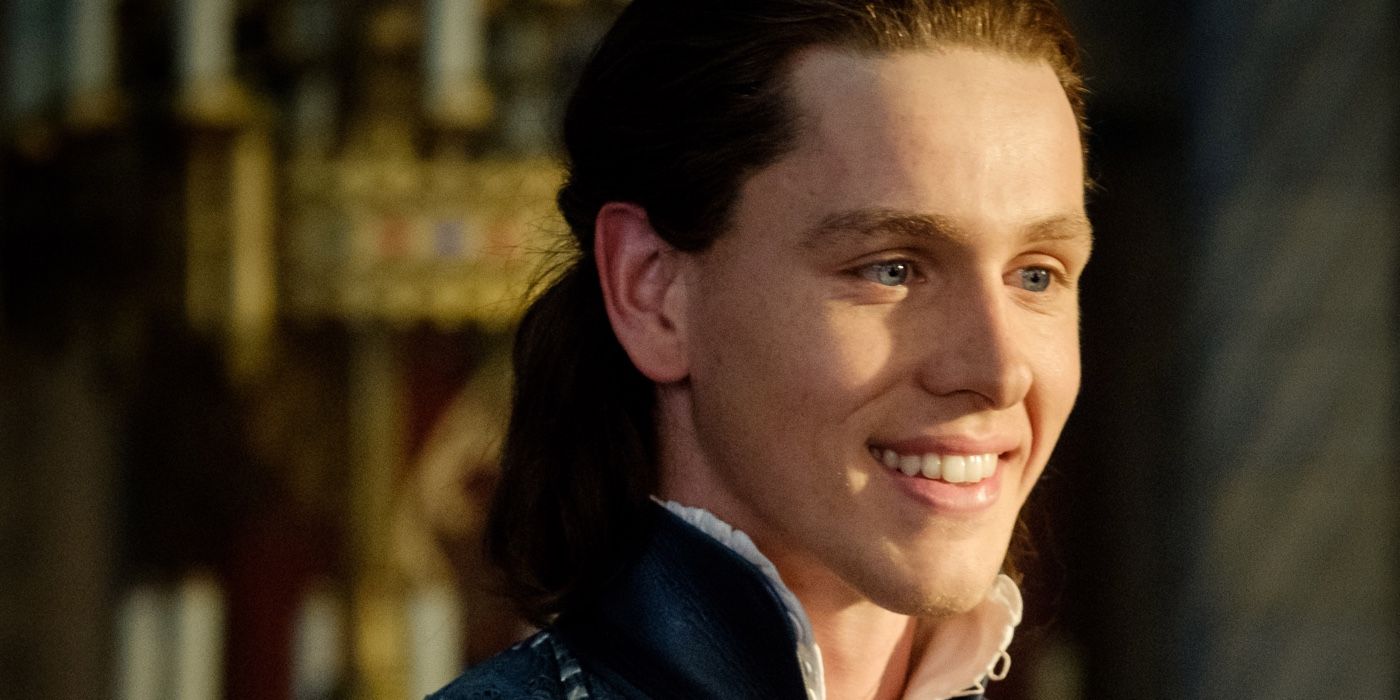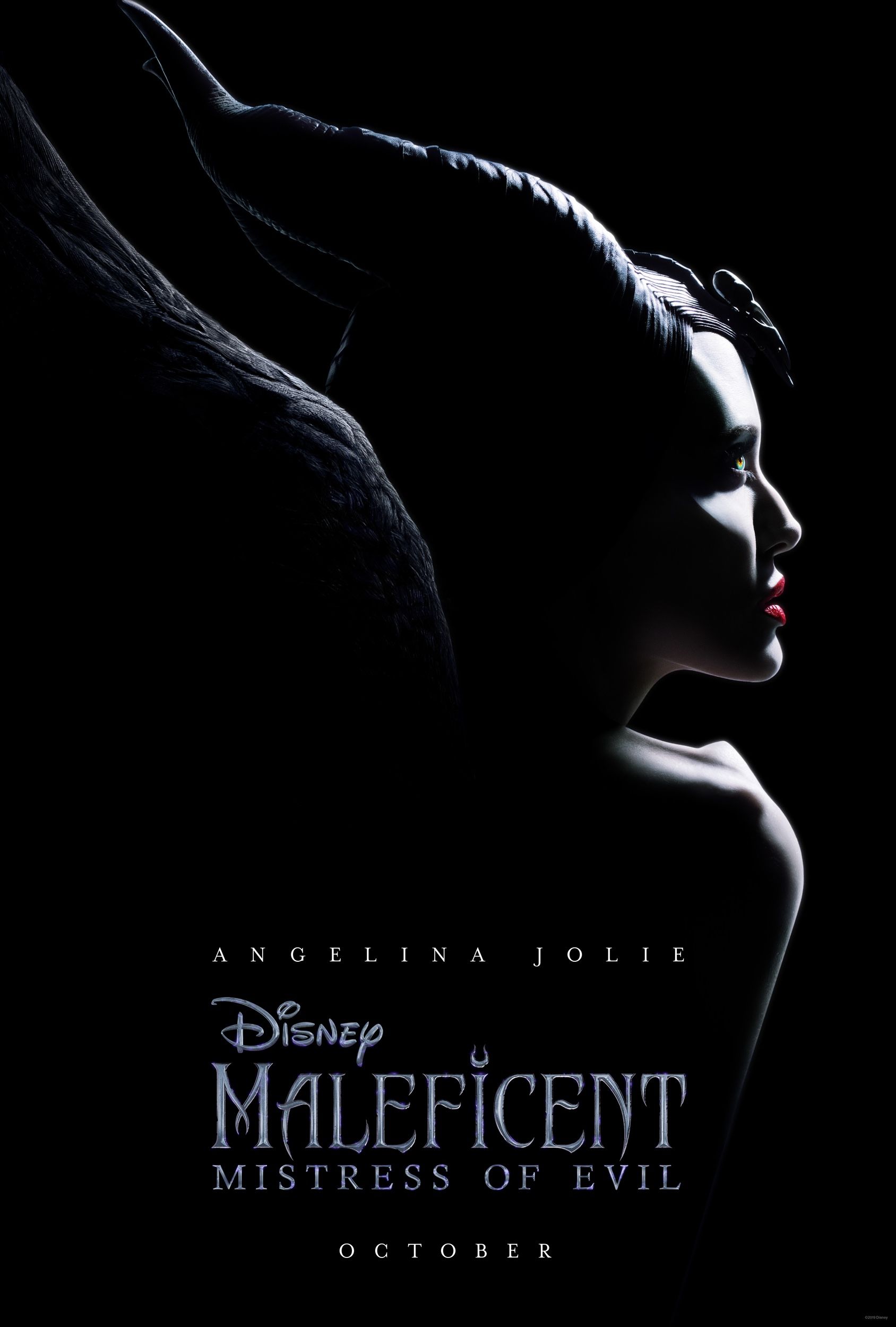Maleficent: Mistress of Evil showcases a grown-up Aurora (Elle Fanning) ready time be married to her Prince. Except this time her prince is a bit different, as he’s transformed from Brenton Thwaites to Harris Dickinson. Despite not being in the first film, Dickinson makes Phillip his own and does justice to his conflict of love versus family. The actor sat down with Screen Rant to talk about stepping into the role, scenes he wish hadn’t been cut, and his favorite part of preparation for the movie.
First of all, congratulations on the film. Amazing job. I gotta ask, did your friends let you live down that you're Prince Charming?
Harris Dickinson: You know what, man? I don't think my friends quite believe me as a prince. They probably just laughed when I told them, and they'll probably laugh when they watch me as well. Because they like to take the mick out of me. But that's important, innit? That’s important to have.
Talk to me about the ways that Prince Philip is and isn't a traditional Disney Prince.
Harris Dickinson: Well, he's a traditional Disney Prince in the sense that he's very much in love with a princess. He’ll do anything for her, he stands by her through the whole film, and he wants to do what's right. But he's not a traditional Disney Prince in the sense that he's got his own sort of struggles going on, as well. He’s got his own pressures that he's up against, which I think is interesting for the film and interesting for their relationship as well. They’re two people that are a time in their lives where it's a vital point to make decisions and to go up against your parents when it comes to your own morals. I think that's reflective of society as well, because it's important to challenge things that don't feel right and it's important to try and change things if they don't feel right. That’s what Philip stands for, and I think that's what that relationship stands for as well.
You’re obviously taking over the role from the previous actor. Can you talk to me about what has to say consistent with Philip and what you were able to make your own in the collaboration with the director?
Harris Dickinson: Well, you know, he definitely can't all of a sudden have an Irish accent. I gotta keep him with that.
But other than that, I think you Joachim gave me a lot of creative freedom with it. There was so much in the script that was already there for him. So, it was more just about me coming in and finding certain aspects of him and fine tuning things. It’s an expansion on the character as well and a sort of exploration of him. It was fun for me to find it and to figure him out.
Everyone thought that, initially, it was Prince Philip's kiss that would awaken Aurora in Maleficent. How does the sequel play into this interpretation of the original?
Harris Dickinson: I guess it's hard to speak on that without giving away too much of the plot point. All I’ll say is it goes against the grain of what you traditionally expect for that sort of true love's kiss scenario.
What internal and external challenges does Phillip face in the sequel?
Harris Dickinson: External challenges? As I said before, he’s going up against his mother's way of doing things, and also Ulstead as a kingdom has a sort of set morality that's in place that he's trying to figure out and navigate and possibly change. And then, internally, he's got the struggles of having that power and having that responsibility, and figuring out along with Aurora the new way to unite people and unite two different worlds. I think that's both a struggle for him and for Aurora too.
Can you talk to me about Philip’s view of the faes? especially in the beginning of the film, but even towards the end of the film, what's his view on where Aurora has been raised?
Harris Dickinson: Well, he's open to it. I think that one of the lines in the film is, “I’m marrying the girl I met in the Moors,” you know? So, that speaks volumes on who he is and who he wants to be with. He doesn't want to be with anyone other than the girl he met that day, and he doesn't want her to change. And he wants to be opened into her world as well, and he wants to understand the creatures, be open to them and live with them in harmony. I think that's all he really wants.
How does Phillip justify not knowing not knowing what's happening in his kingdom? It's all behind his back.
Harris Dickinson: He gets the wool pulled over his eyes. He doesn't get to rip the veil open until the end. And it's coming from his mother, too. Maybe he's just been oblivious to it, or maybe she's just a good liar. I think the latter.
Philip has to break away from his mother in order to stay true to his love and his beliefs. How did you and Michelle Pfeiffer develop the complicated dynamic off screen?
Harris Dickinson: I think we really enjoyed figuring that out, and there were some really nice scenes where it was genuine between us, and there were moments where it was genuine for Prince Philip, anyway. I think it was just about figuring out that strange dynamic between mother and son, where you don't quite know where you stand but you also inevitably love each other. It’s ulterior motives, and then it's being old enough to know how you want to go about things. But it's difficult.
Was there any moment or plotline that didn't make it into the film for your character?
Harris Dickinson: There was some dancing in the film that didn’t make it in. Elle [Fanning] and I had a few dance scenes leading up to the end of the film that were going to be in, and I don't think they made it. They didn't make it.
Did you want them in film?
Harris Dickinson: Yeah, man. I rehearsed hard for them!
If you look at the deeper message in this film, at least for me, it is definitely an allegory of the world we live in and the importance of inclusion. What would you like audiences to take away from the film personally?
Harris Dickinson: I think without shoving it down people's throats, the film definitely leaves you with a sense of unity and a sense of togetherness; a sense of acceptance and not allowing things to be divided and conquered. And good and bad not being that simple.
There's a great moment where the soldiers and the fae are coming face to face, almost this final blow, and Philip is the one that kind of defuses it. At the end of the film, where do you think the fae end up?
Harris Dickinson: Well, I'd like to think they can sort of just be flying around doing what they want, wherever they want. Yeah.
With something like this, which is obviously heavy on costumes and makeup and prosthetics, can you talk to me about some of the training you had to do in order to prepare yourself for this role?
Harris Dickinson: I was really lucky, man. I had a lot of my scene work for the Prince with his horse. So, I had a lot of scenes with a really amazing horse called Mufasa, and I proper bonded with him as well. He was one of the best stunt horses in England. He worked on Gladiator and Game of Thrones. I got placed with him, and I learned to ride with him for the whole film.
There wasn't that much writing in the film, but there were moments. I needed to be good, and it sort of informed the character as well. I got to really have fun with that. Although I saw him recently, and he didn't remember me. I expected for his eyes to light up, but they didn’t.
Last question: if there could be any Disney remake to come to live action, what would you want to see or be in?
Harris Dickinson: Little Mermaid.
There you go. Little Mermaid. It's one of my favorites too.




